Best Companion Plants For Beets:
Title: Best Companion Plants for Beets: A Guide to Growing Healthy and Delicious Beets
Introduction:
Beetroot is a delicious and versatile root vegetable that is packed with nutrients. It is a member of the Chenopodiaceae family, which also includes spinach, quinoa, and Swiss chard. Beets are a cool-season crop that can be grown in most climates. They are relatively easy to grow, but they can benefit from companion planting.
Companion planting is the practice of planting different types of plants together in order to benefit each other. Some plants help to attract beneficial insects, while others help to repel pests. Some plants also help to improve the soil quality, while others help to shade or protect their neighbors.
There are many different companion plants that can be grown with beets. Some of the best include:
- Onions, garlic, and chives: These members of the Allium family help to repel pests and improve the flavor of beets.
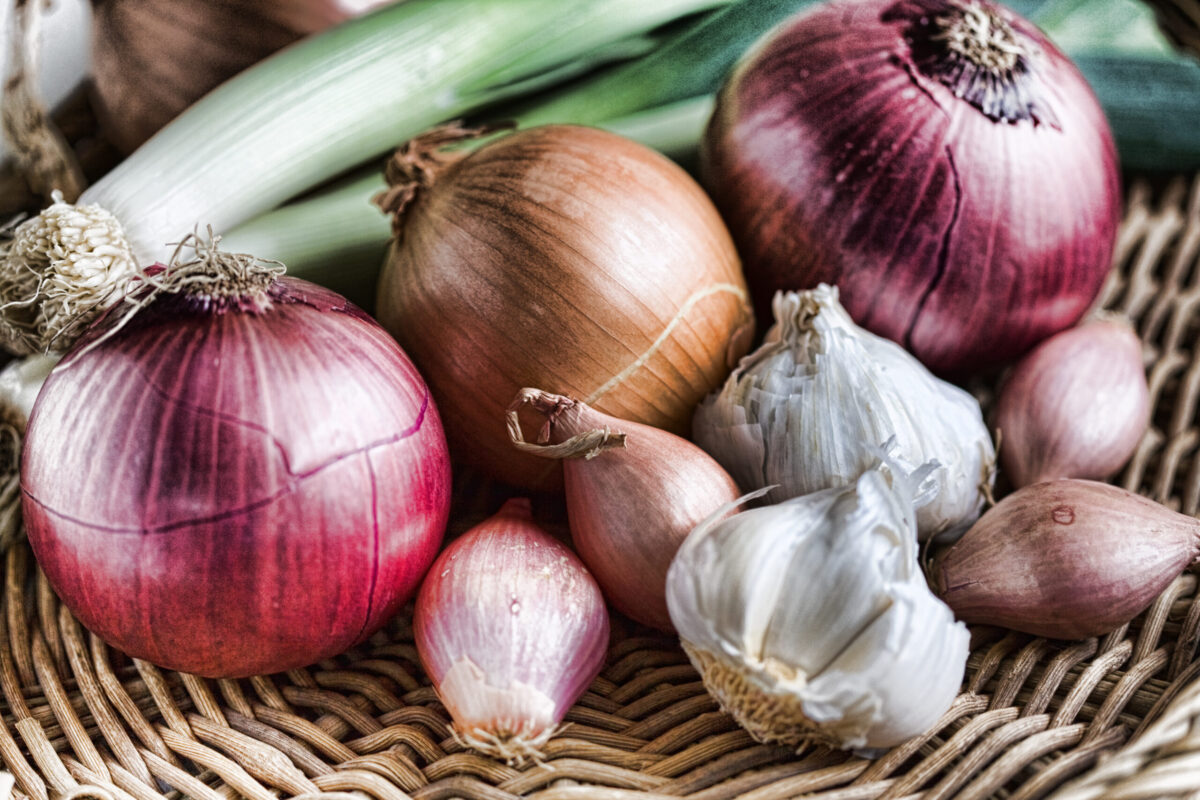
- Brassicas: These plants, such as broccoli, cabbage, and Brussels sprouts, help to enrich the soil and improve the growth of beets.
- Lettuce: This leafy green helps to suppress weeds and shade the soil, which can help to prevent beetroot from bolting.
- Carrots: These root vegetables help to improve the drainage of the soil, which can help to prevent beets from developing root rot.
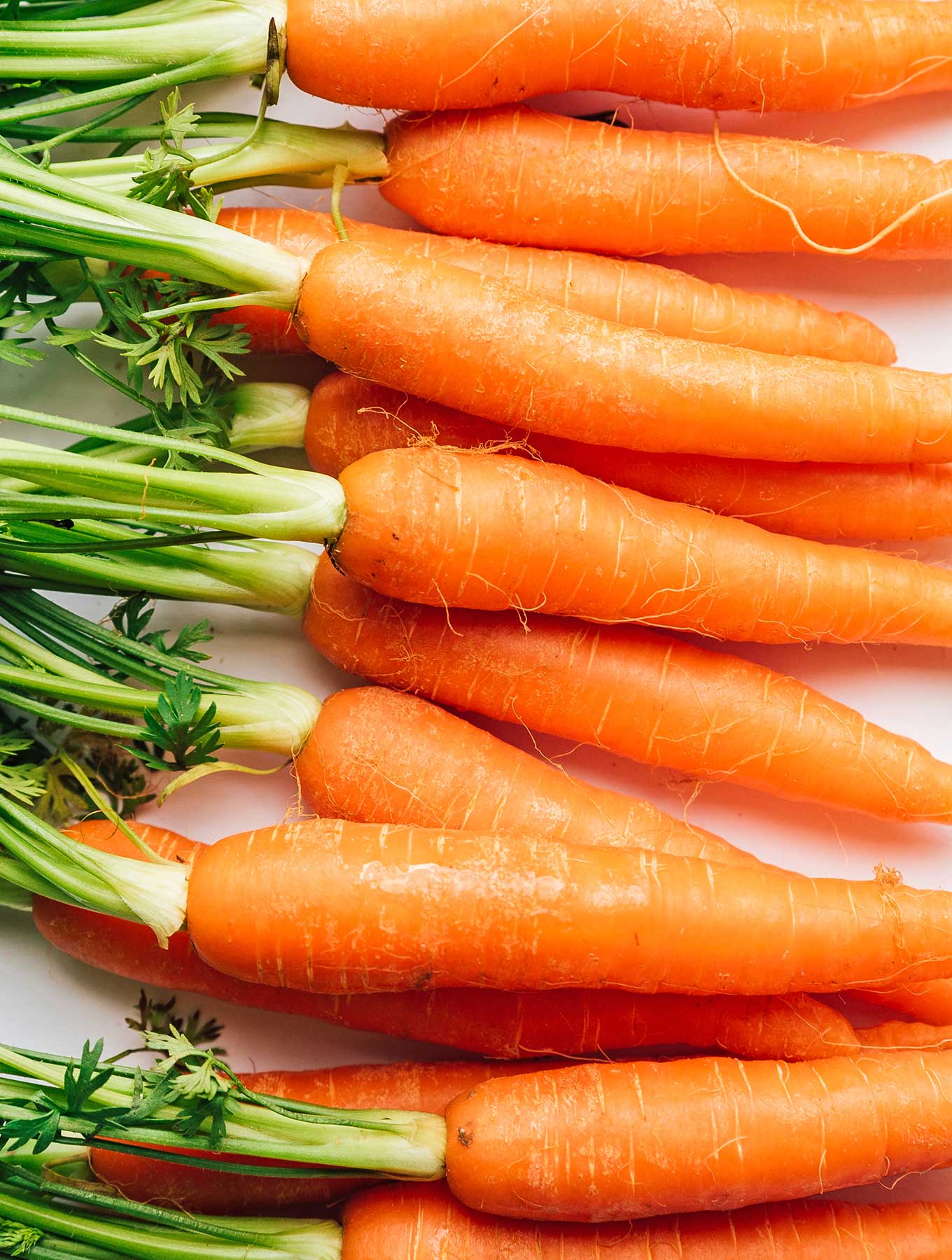
- Bush beans: These legumes help to fix nitrogen in the soil, which can benefit all of the plants in the garden.
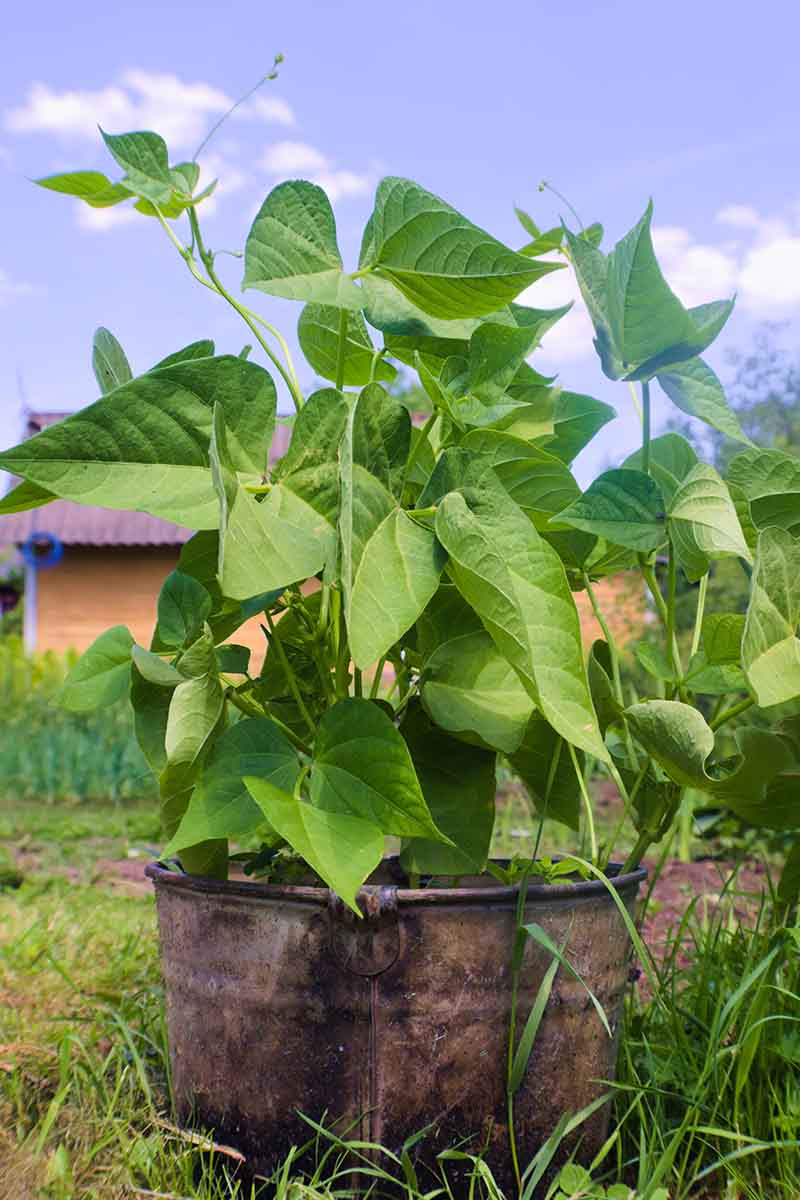
Main Content:
In addition to the plants listed above, there are many other companion plants that can be grown with beets. Some other good choices include:
- Marigolds: These flowers help to repel pests, such as aphids and nematodes.
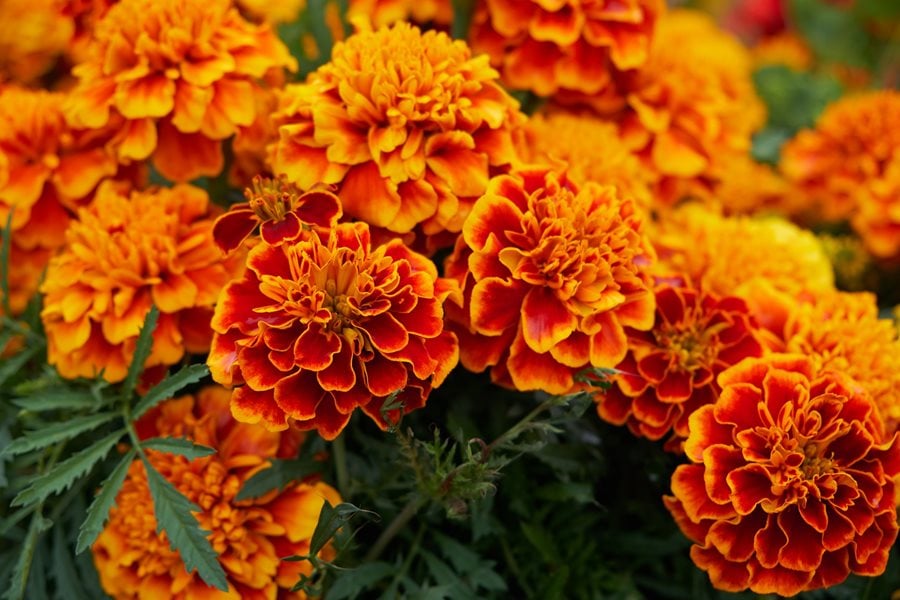
- Spinach: This leafy green helps to suppress weeds and shade the soil, which can help to prevent beets from bolting.

- Catnip: This herb helps to repel pests, such as mosquitoes and rabbits.

- Nasturtiums: These flowers help to attract beneficial insects, such as ladybugs and lacewings.
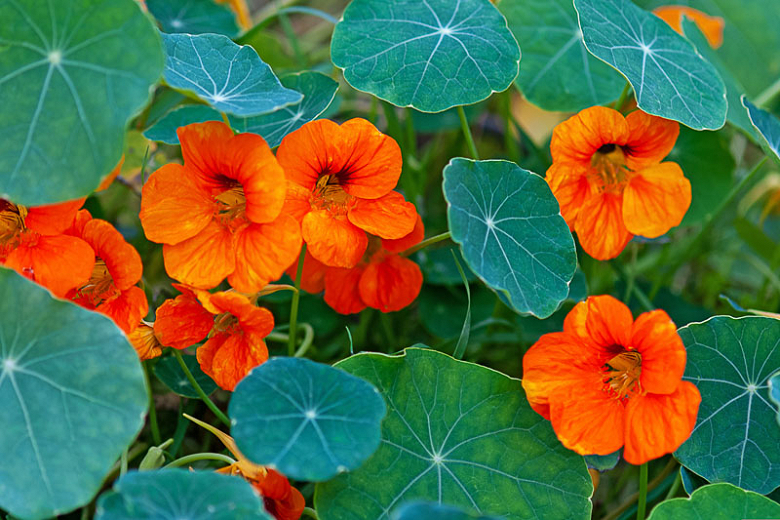
- Cucumbers: These vining plants help to shade the soil, which can help to prevent beets from bolting.
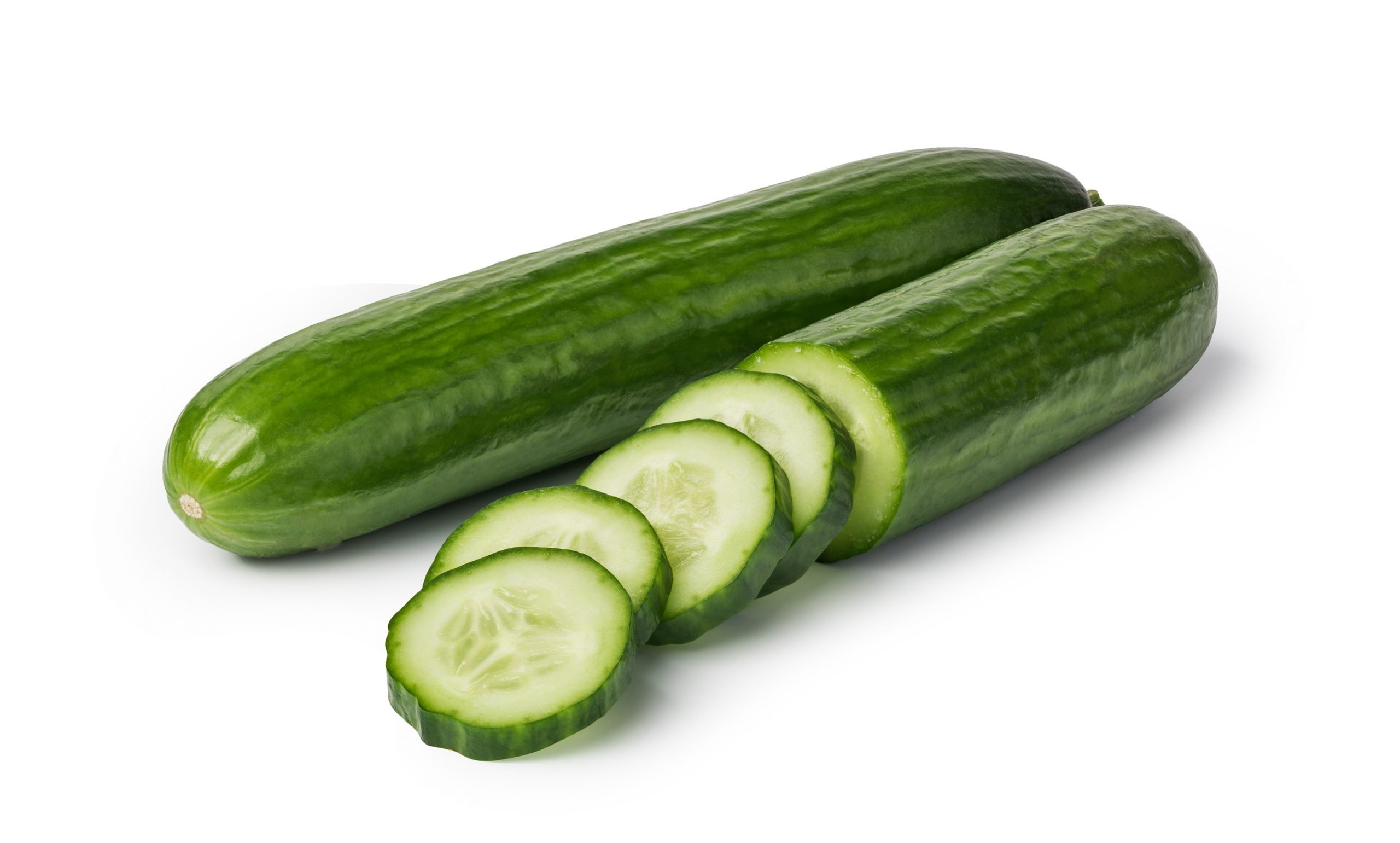
When choosing companion plants for beets, it is important to consider the specific needs of the plants involved. For example, beets need full sun, so it is important to choose companion plants that also do well in full sun. It is also important to consider the size of the plants involved. For example, beets are relatively small plants, so it is important to choose companion plants that will not shade them out.
Conclusion:
Companion planting is a great way to improve the health and productivity of your garden. By planting beets with the right companion plants, you can help to repel pests, improve the soil quality, and prevent bolting. With a little planning, you can enjoy delicious and healthy beets all season long.
Beets are a delicious and nutritious root vegetable that can be grown in many different climates. They are also relatively easy to care for, making them a great choice for beginner gardeners.
One of the best ways to ensure a successful beet harvest is to plant them with companion plants. Companion plants are those that benefit each other when grown together. In the case of beets, some of the best companion plants include:
- Alliums (onions and garlic)
- Bush beans
- Lettuce
- Radishes
- Strong-scented herbs (such as mint and rosemary)
- Brassicas (like broccoli and cabbage)
- Corn
- Oats
For more information about companion planting for beets, please visit Home Gardening.
FAQ of companion for beets
- What are the best companion plants for beets?
Some of the best companion plants for beets are members of the cabbage family, such as broccoli, Brussels sprouts, cabbage, cauliflower, collard greens, kale, kohlrabi, and mustard greens. These plants help to repel pests and diseases that can damage beets. Other good companion plants for beets include alliums (onions and garlic), bush beans, lettuce, radishes, strong-scented herbs, corn, and oats.
- What plants should I avoid planting near beets?
There are a few plants that you should avoid planting near beets, as they can compete for nutrients or attract pests. These plants include spinach, chard, and tomatoes.
- How do companion plants benefit beets?
Companion plants can benefit beets in a number of ways. They can help to repel pests and diseases, attract beneficial insects, improve soil health, and provide shade. For example, radishes can help to deter flea beetles, which can damage beets. Lettuce can help to attract beneficial insects, such as ladybugs, which eat aphids. And corn can help to provide shade for beets, which can help to keep them cool in hot weather.
- How do I plant companion plants with beets?
When planting companion plants with beets, it is important to consider the spacing requirements of each plant. For example, beets need at least 2 inches of space between each plant, while corn needs at least 3 feet of space. It is also important to plant companion plants that have similar growing requirements. For example, alliums and brassicas need full sun, while lettuce and radishes can tolerate partial shade.
Image of companion for beets
- Onions and garlic: These plants help to repel pests and diseases from beets.
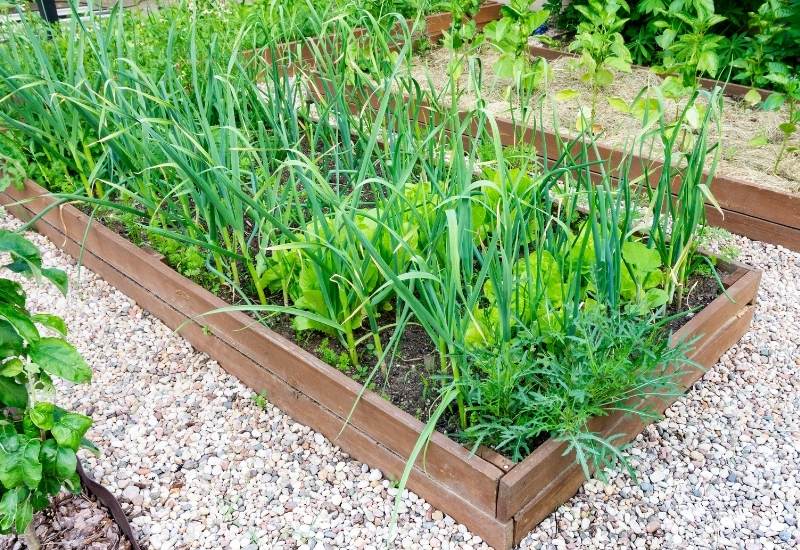
- Bush beans: Bush beans provide shade for beets, which helps to keep them cool and prevent them from bolting.
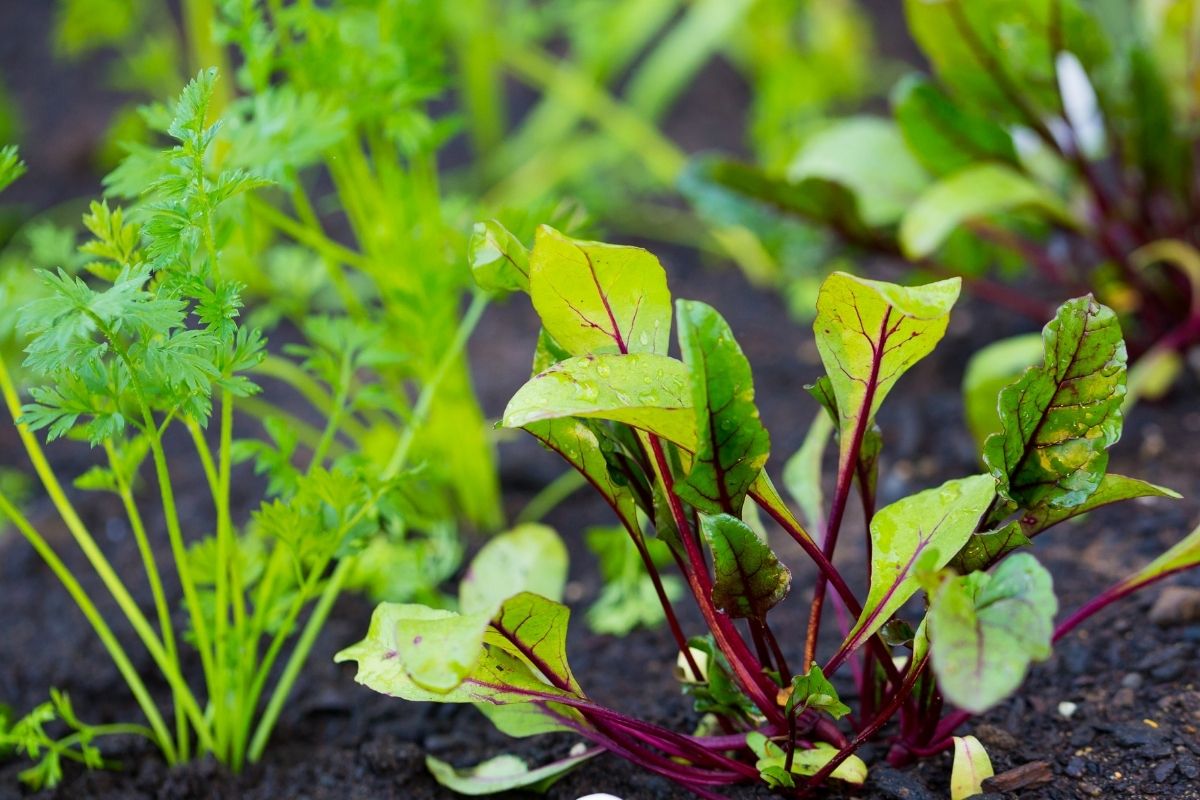
- Lettuce: Lettuce helps to suppress weeds and improve the soil around beets.
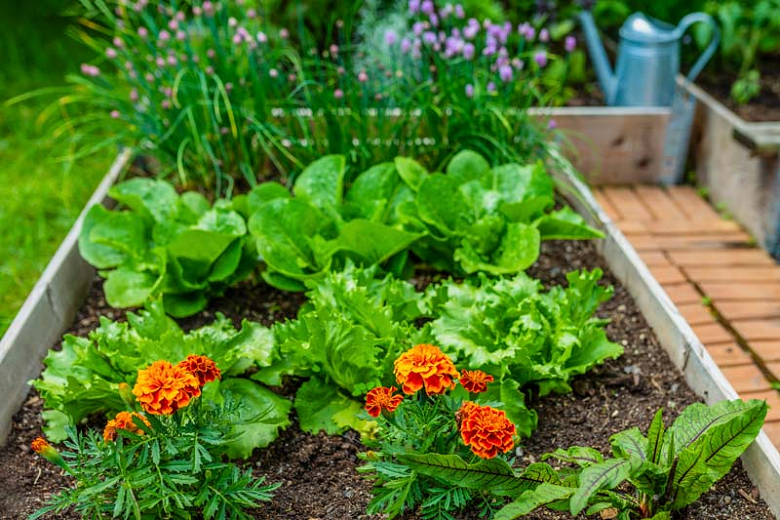
- Radishes: Radishes help to loosen the soil around beets, which helps beets to grow larger roots.
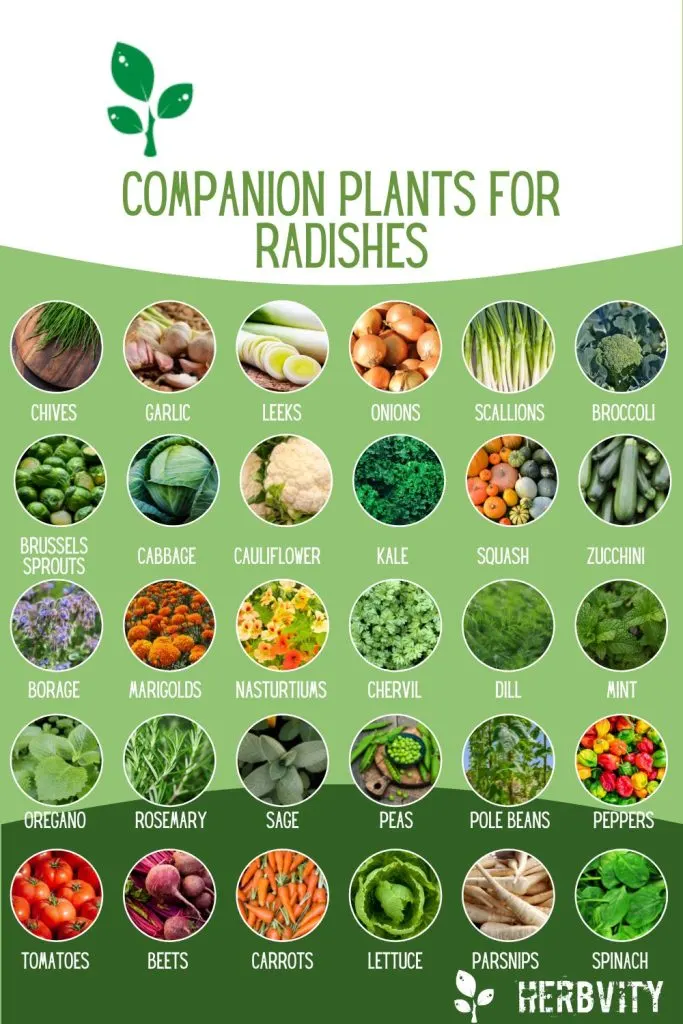
- Strong-scented herbs: Strong-scented herbs, such as mint, rosemary, and thyme, help to repel pests from beets.

- Brassicas: Brassicas, such as broccoli, cabbage, and cauliflower, help to attract beneficial insects to the garden, which help to control pests.
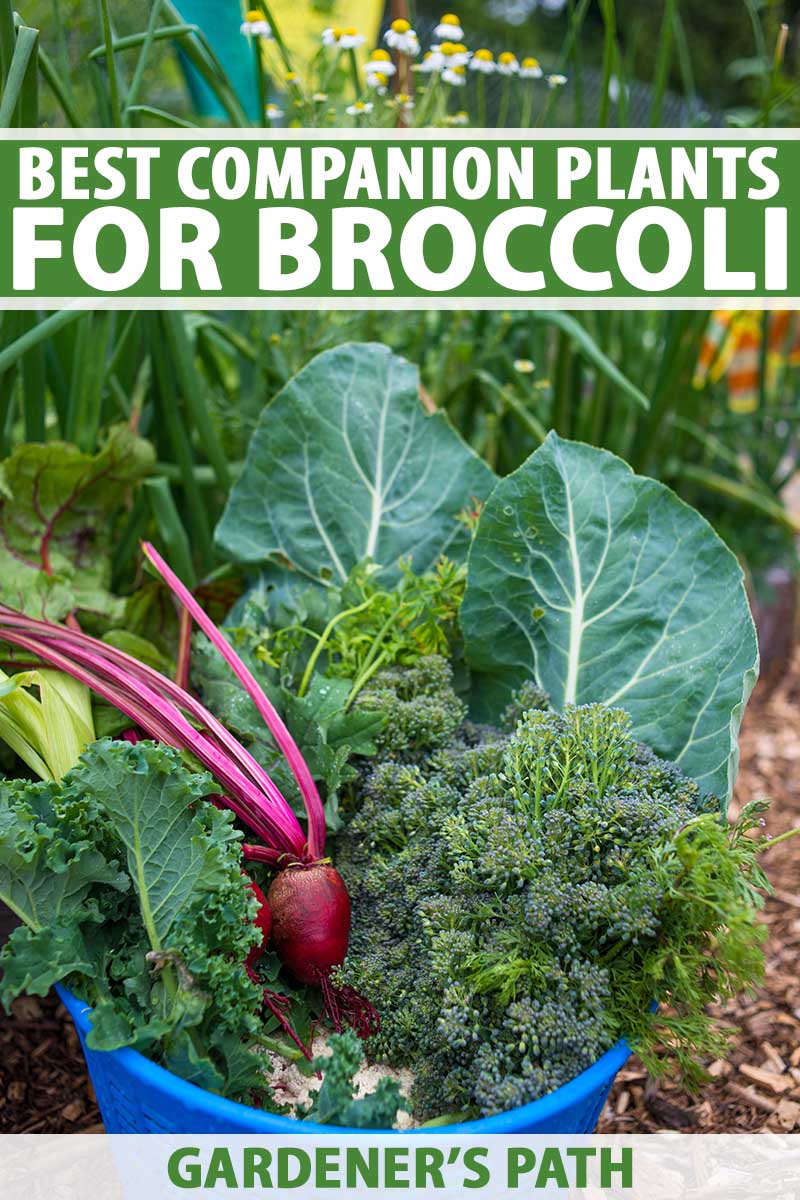
- Corn: Corn helps to provide support for beet plants, which can help them to grow taller and produce larger roots.
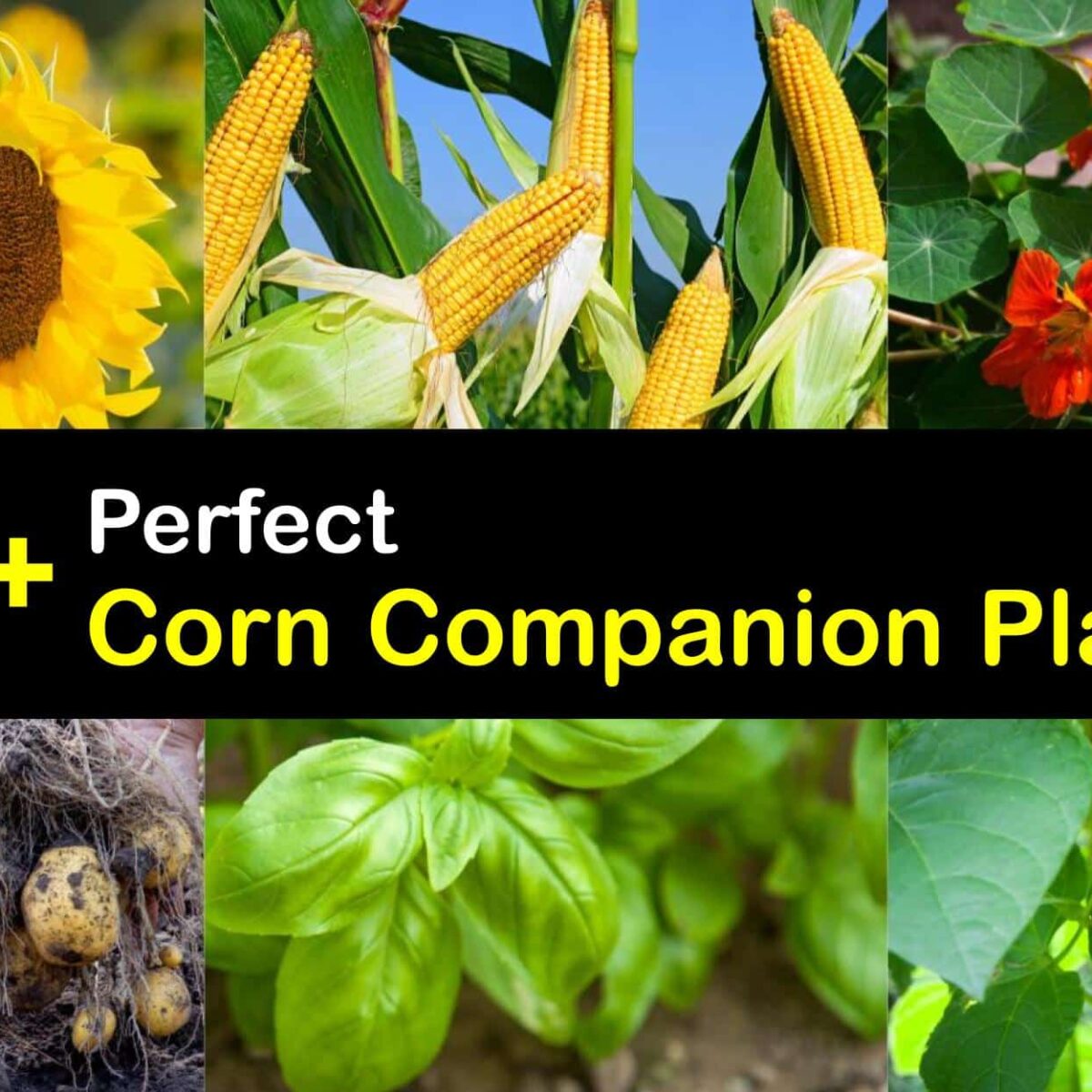
- Oats: Oats help to improve the soil around beets and attract beneficial insects to the garden.

- Marigolds: Marigolds help to repel nematodes, which can damage beet roots.
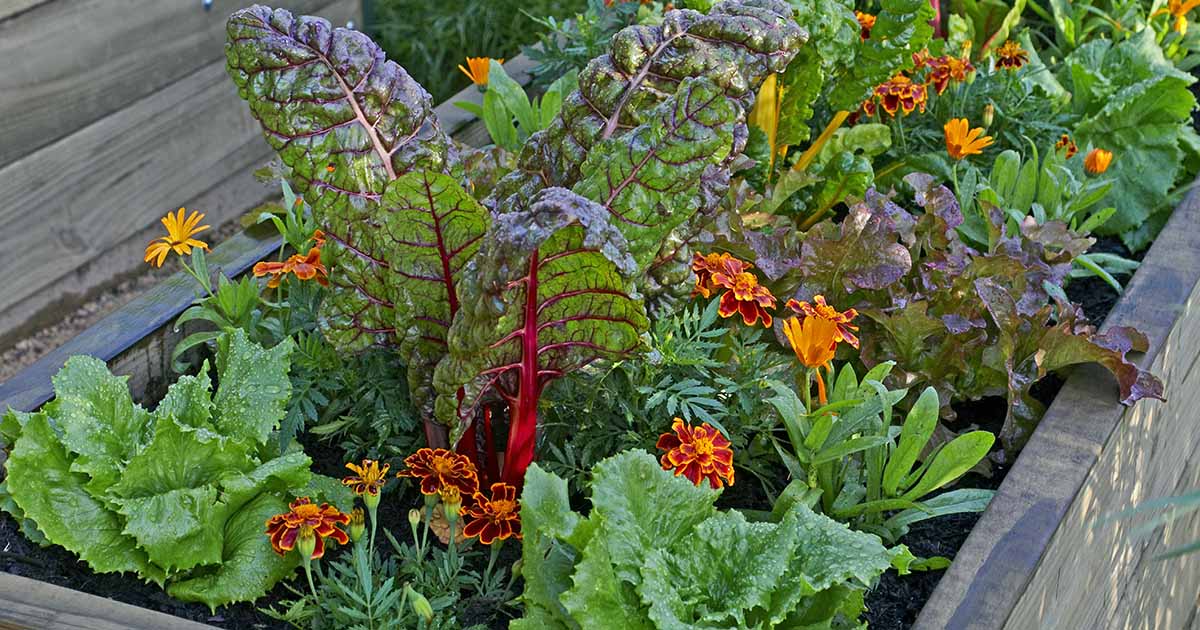


Post a Comment for "Best Companion Plants For Beets:"